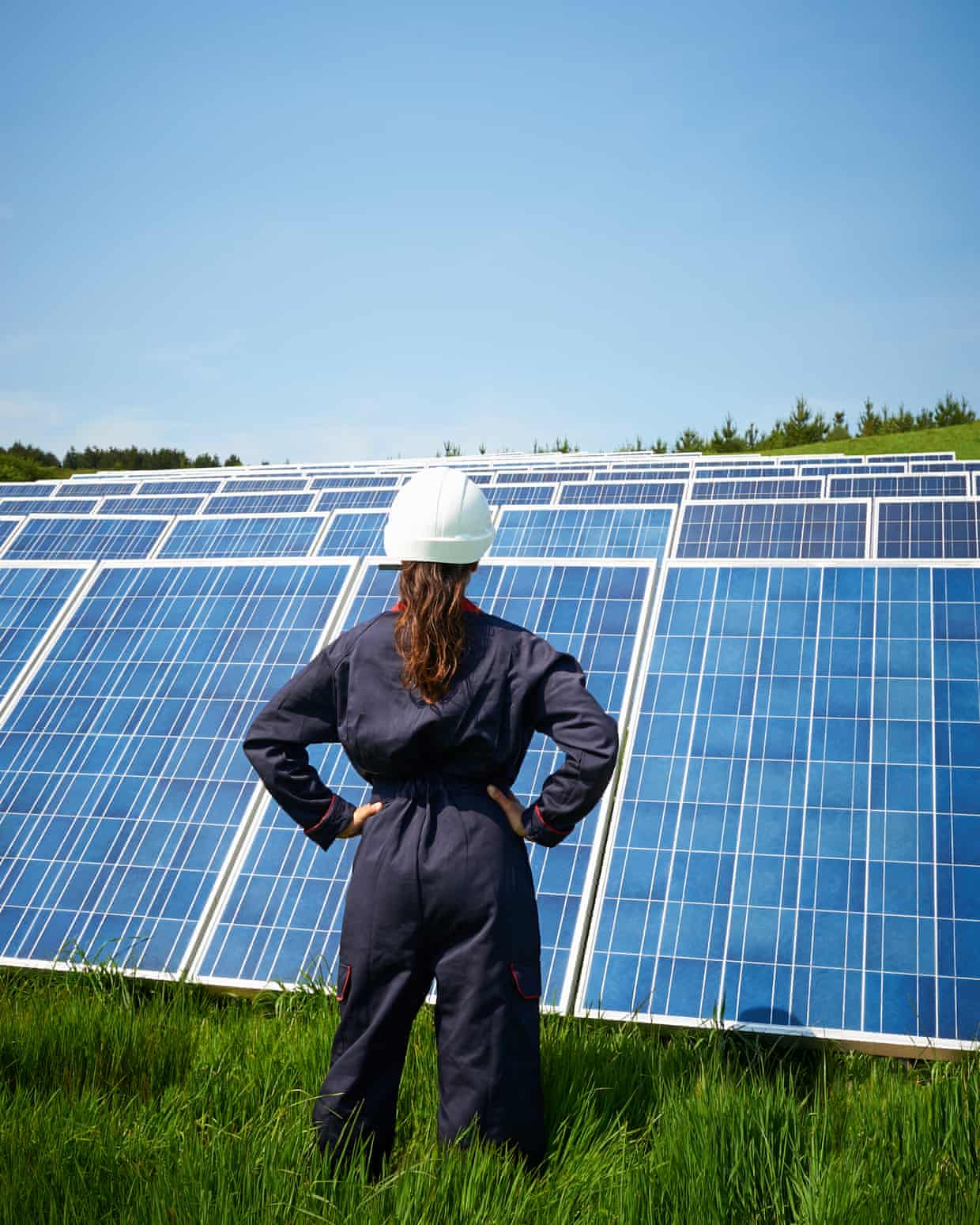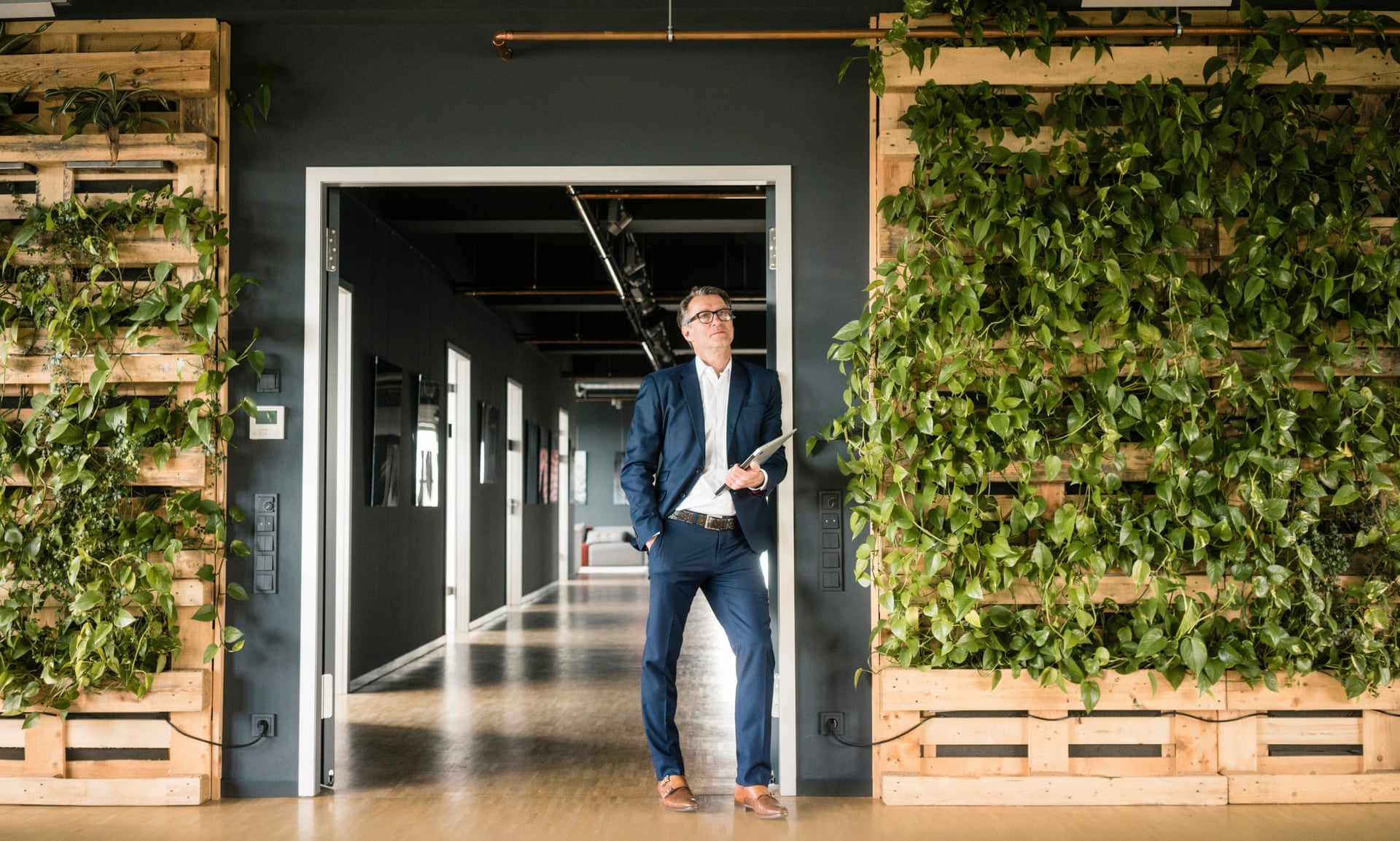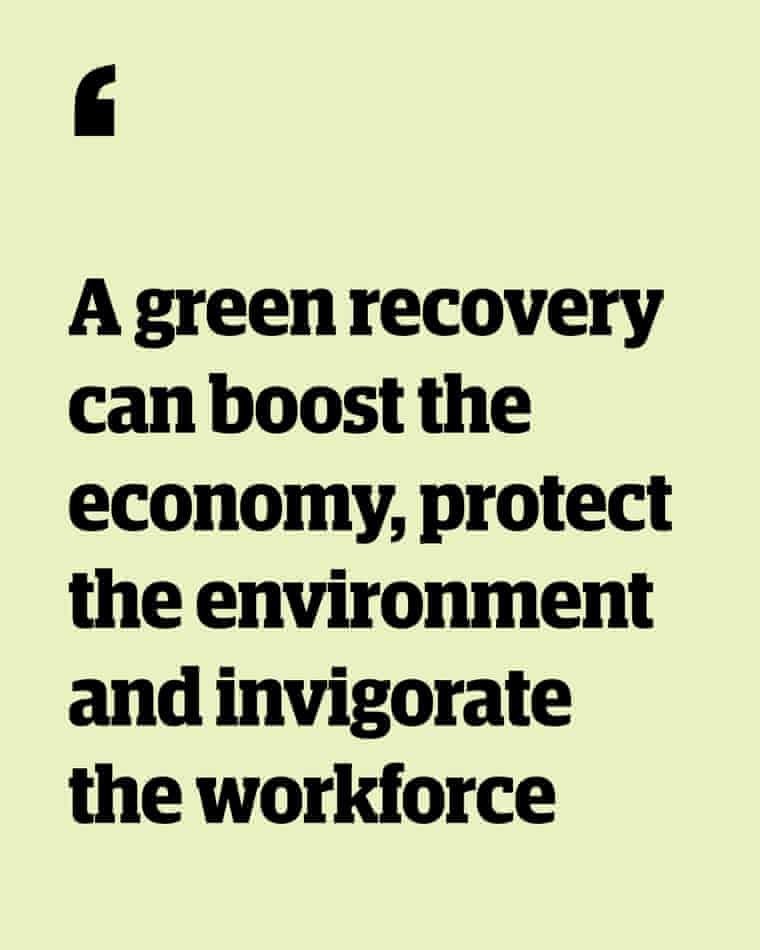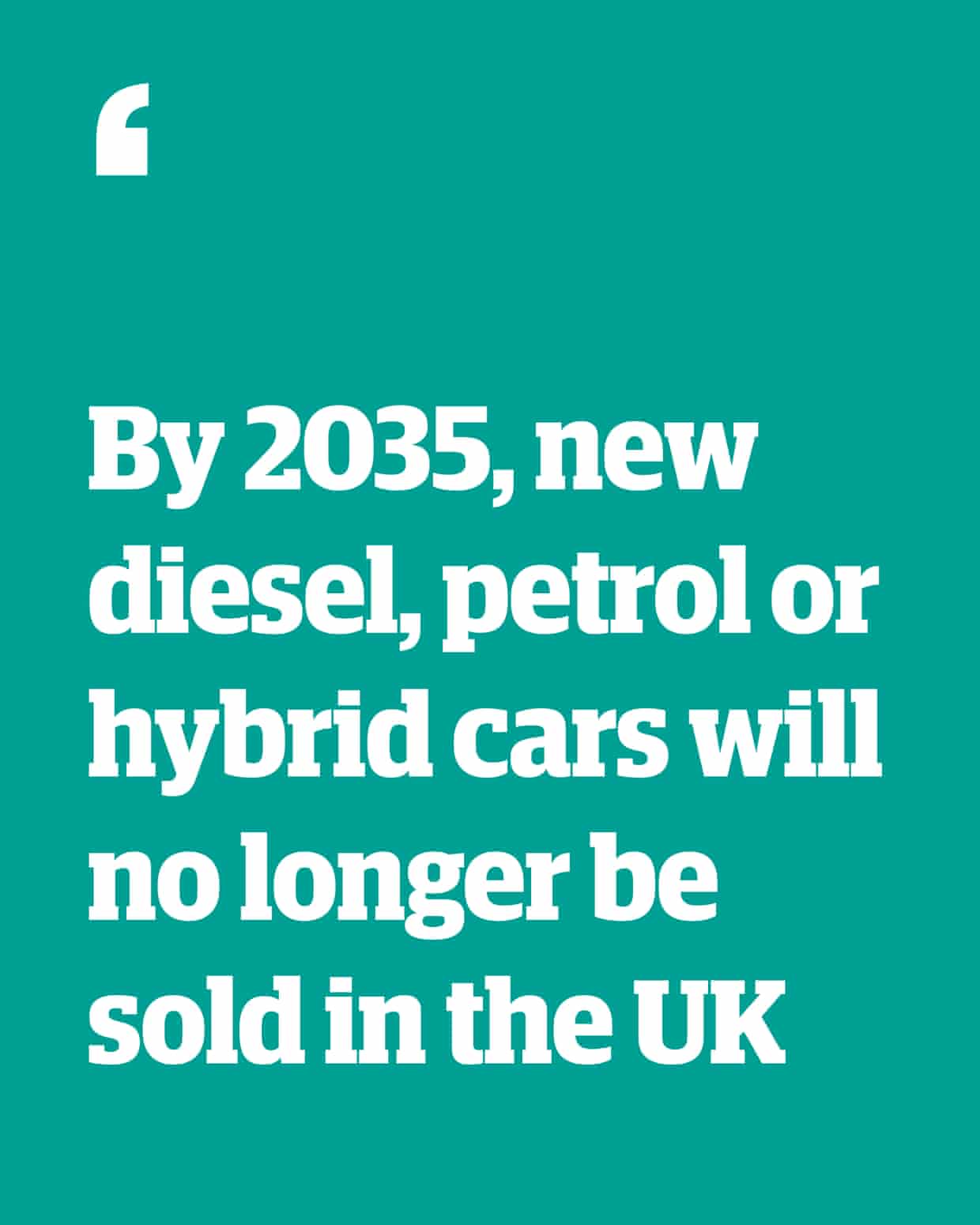What are green jobs – and why are they important?
As well as helping the economy recover after the Covid-19 pandemic, new jobs in clean-electricity generation and low-carbon heating solutions could help the UK meet its net-zero targets - Written by Anna Turns.
This article is published in The Guardian, UK
Jobs that have a direct, positive impact on the planet traditionally involve renewable energy, electric transport, energy efficiency or nature conservation. But right now, as more sectors transition to low-carbon models, every job has the potential to become “green”.
With unemployment rising due to the pandemic, there’s now a chance to reconfigure the jobs landscape while putting the environment centre stage. The government’s £160m Build Back Greener investment scheme aims to create 2,000 new construction jobs to manufacture offshore wind turbines and upgrade ports.


 How and where will demand increase as the UK transitions to a net-zero economy?
How and where will demand increase as the UK transitions to a net-zero economy?
By 2030, there could be 694,000 green jobs in the low-carbon and renewable energy sector across England, rising to more than 1.18m by 2050. There’s enormous potential for green growth.
Research by the Institute for Public Policy Research suggests that more than 200,000 jobs could be created in energy efficiency by 2030, and 70,000 jobs in offshore wind alone as soon as 2023, while Thrive Renewables estimates that onshore renewables could deliver 45,000 new jobs by 2035. Regionally, opportunities vary. In north-west England, new jobs focus on increasing wind capacity, while London’s green jobs will mostly be in the financial, IT or legal industries.
 Why do we need a decarbonised future?
Why do we need a decarbonised future?
Economist Kate Raworth, from the University of Oxford’s Environmental Change Institute, believes that we need a decarbonised economy far sooner than 2050. According to Raworth, the economy should urgently be redesigned so that resources aren’t wasted. That, she says, requires serious innovation: “Our future economy will thrive on reusing, repairing, refurbishing, remaking and repurposing – this transformation will create new kinds of creative and purposeful jobs.”
Reimagining the economy
In 2018, the UK government projected that the low-carbon economy could grow by 11% per year up to 2030. That’s much higher than the projected growth rate for the overall economy. Globally, emergency Covid-19 economic rescue packages already total more than £6tn in G20 nations. In fact, the transition to net-zero emissions and investment in low-carbon sectors can aid recovery from Covid-19.




